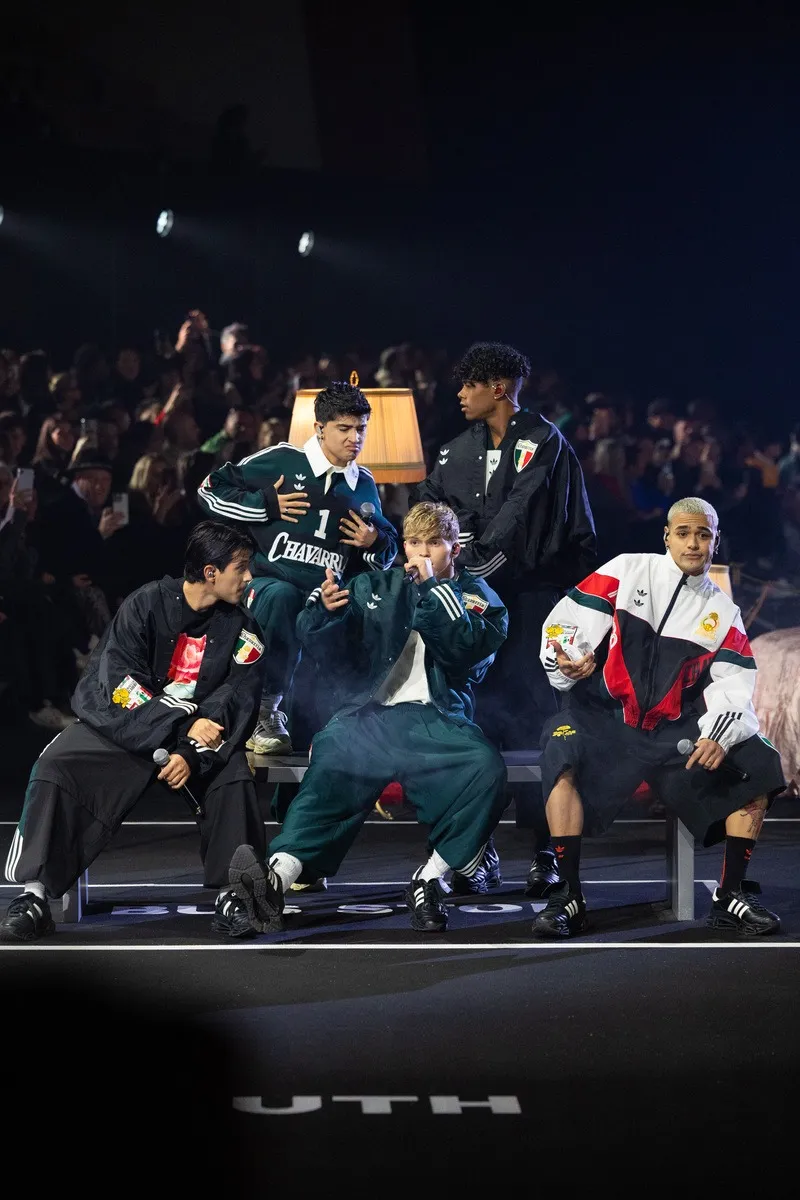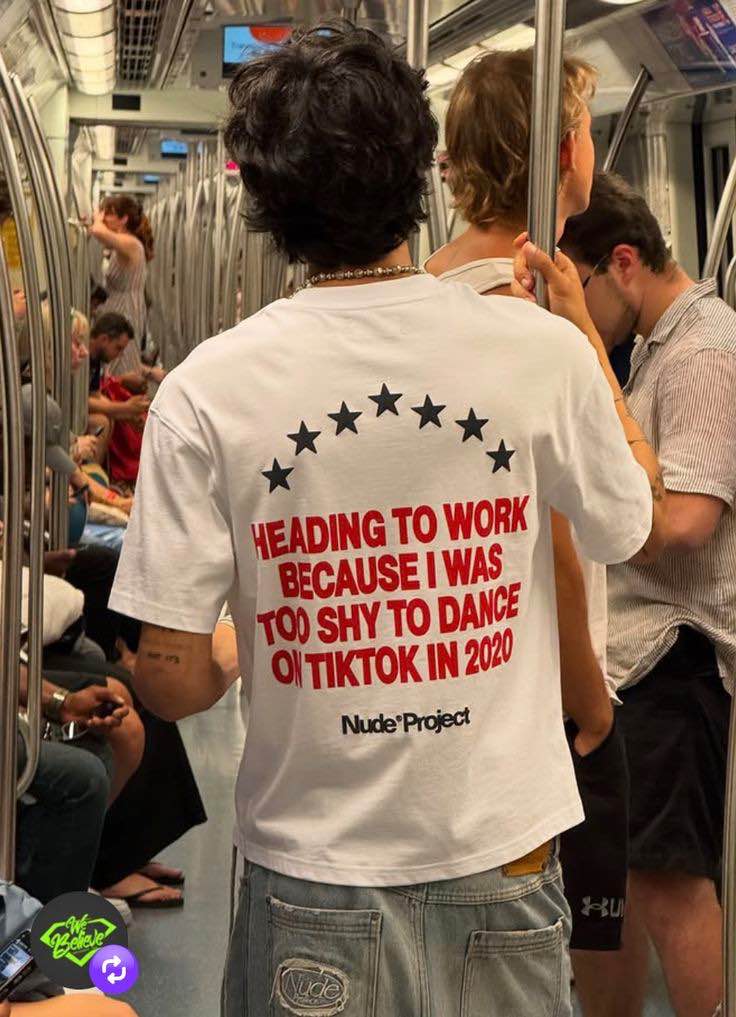
The unsustainable impact of patriarchy on the industry: Maryam Lotfi with Amy Boote
The globalization of fast fashion supply chains has raised concerns about gender equality, and the industry has irresponsibly accumulated social sustainability violations
Maryam Lotfi on a capitalist consumer society
The 21st century has become characterized by a capitalist consumer society in which its impacts are inextricably burdensome for women, especially in the global South. Fast fashion has played a contributory role; becoming renowned for its unsustainable, unethical practices that jeopardize women, garment workers, hope for gender parity. In effect, it is paramount that fast fashion brands develop an understanding as to how the industry can break with its feminist problems.
The new accessibility of fashion trends
Pioneered by the fashion giant Zara, the new accessibility of fashion trends caught retail in a revolving door of fashion bringing to existence the concept of adding three to five mid-seasons to the existing seasons in a fashion calendar and requiring suppliers to deliver fashion apparel in smaller batches with reduced lead times. In advocating this speed-to-market approach brands expanded their successive processes across the globe in a hell-bent pursuit of achieving economies of scale; with particular emphasis on outsourcing manufacturing and production to countries dependent on rife labor casualization and informalization – the global South.
The globalization of fast fashion supply chains has given rise to gender equality concerns – with the industry irresponsibly amassing social sustainability violations. Fast fashion’s negligence has been under media microscope, with unethical practices and violations of social practices originating from higher tier suppliers in their far-flung supply chains. The Rana Plaza disaster, which led to mass fatalities of garment workers with 1,134 dead and 2,500 injured, was a notorious exemplification of the industry’s gross negligence to provide safe working conditions. Demonstrating the corrupt core of fast fashion, in which retailers ‘may ignore, or attempt to co-opt, the human rights agenda’.
Social sustainability: female garment workers
The fast fashion supply chain is feminized. With this in mind, social sustainability remains challenging, including violations of human and labor rights, child labor, forced labor, discrimination, low wages, poor health and safety, and sexual harassment. For female garment workers gender inequalities have been manifesting across two strains: economic discrimination and gender-based harassment. Women in manufacturing facilities have often cited low wages as evidence of the exploitation by their employers. In the global South, countries such as Bangladesh, steeped in patriarchal attitudes, sexual coercion and verbal abuse are part of the general spectrum of traditional methods of labor discipline.
Research has documented that 27.8 percent of female garment workers across thirty Dhaka factories had been raped by male colleagues while in the factory. Drawing attention to the relationship between gender-inequality and garment workers, in a supply chain context.
Gender inequality is both a symptom and a cause
The analysis to explore company reports, including the Annual Reports, Corporate Social Responsibility (CSR) Reports, Environmental, Social and Governance (ESG) Reports, Gender Equality Reports, Modern Slavery Reports and Sustainability Reports, of seventy-five fast fashion companies for the years 2019-2022, based on the Fashion Transparency Index 2021, is relevant to fast fashion, as the industry’s presence in developing states exacerbates gendered disparities as well as the relative difficulties women face in the environmental crisis.
In Dressmann, H&M, Hema, Jack & Jones, Jordan, Nike, Speedo, United Colors of Benetton, and Vero Moda’s supply chains, gender construction in culture acts as a structural obstacle to gender equity for female garment workers. This is an issue in supplier countries steeped in patriarchal attitudes, such as Bangladesh, India and Pakistan; wherein Natural differentiation is the innate consideration that women are innately considered to have naturally nimble fingers, are naturally more docile and willing to accept tough work discipline, than men. And thus, are obliged to undertake repetitious, monotonous work in fast fashion manufacturing facilities.
Women in managerial positions: Myriam Lotfi
What also became apparent was the underrepresentation of women holding managerial or leadership positions. In Jordan and Nike’s supply chain, women only hold twenty-eight percent of top management positions. In addition, men advanced to initial leadership roles (team leaders) at 3.5 times the rate of women. Statistically confirming that women are subjugated into inferior labor roles within fast fashion despite representing the majority of retailers’ total supply chain workforce. From an ideological perspective, women are subjugated to these patterns of inequality as dominant groups use patriarchal beliefs to justify social arrangements; allowing gendered inequalities to persist, unchallenged, in socio-political systems, such as fast fashion.
Inexpensive female labor and the fast cycle of fashion
Fast fashion retailers still insist on building their capitalist empires upon the bedrock of inexpensive female labor. In Mammut’s SC, the pregnancy testing of new recruits was found during one audit in Myanmar in 2016. This discriminatory practice underlined the precarious terms of employment women are subjected to, whilst highlighting how employers’ preference for hiring women stems from a preference for a compliant and dispensable workforce that comes at a low cost.
Far more disturbing was the reverberated effects of last-minute changes in design, production, or delivery timings. Styles renew and revive to suit preferences, but if the fashion consumer knew retailers like New Look, pressurized suppliers to meet intangible production targets, leading to excessive overtime, failure to pay wages, unauthorized subcontracting, and increased use of temporary labor to which, women garment workers bore the cost without receiving fair economic compensation… Would they buy that new winter coat? Omitting and preventing women’s labor contribution to the economic system routinely denies them economic empowerment, harming women’s resilience and compounding negative social impacts.
Gender based harassment: fast fashion
Gender-based harassment (GBH) remains a human rights abuse facing women garment workers across the fast fashion industry as a whole. Our findings found women working in Banana Republic, Dressmann, Gap, Kathmandu, Mango, and Primark’s supplier factories to be routinely subjected to verbal abuse and high levels of physical violence. In general, cases of verbal harassment by male production floor management (Primark) were found in greater prominence; for instance, The North Face reported 201 allegations of discrimination/harassment in their SC in 2019. The gruesomely demanding nature of fast fashion is to blame; tight, unattainable deadlines and production targets set by the retailers (e.g., Mammut) prompted supervisors to shout at workers; indirectly heightening the risk of GBH.
Another plausible explanation is the long-established hierarchy of power in fast fashion; the majority of leadership roles in manufacturing facilities are held by men, and thus they configure the dominant group. As theory suggests, male-dominating groups are likely to instill power strategies that reflect their patriarchal worldview, subjugating the feminine.
In supplier countries gender-based harassment may also be symptomatic of underlying cultural gender inequities; verbal abuses are part of the traditional methods of labor discipline found in Bangladesh, creating a hostile, intimidating, and sexually charged environment. From a theoretical perspective, women are most strongly backgrounded in their traditional roles within the private sphere (Patel, et al., 2020). In the context of fast fashion, this behavior translates into methods of verbal discipline on the factory floor, employed to reinforce women’s marginalization, and preserve their backgrounding.
A socially unsustainable system: the lasting effects of discriminatory practices
Fast fashion is a socially unsustainable system, sustained by invisible and vulnerable women garment workers. Fast fashion companies operate in a ‘dynamic competitive environment’ and the intensification of sustain- ability pressures, has revealed how economic goals take precedence over social issues in supply chains. Within the realm of supply chain CSR many initiatives are weighted to satisfy corporate stakeholders (top executives and board directors) and do so while ignoring or actively harming women.
In effect they are obtusely gender blind. In addition, it appears that fast fashion’s domination of women cannot continue the same trajectory. Women’s resources are being depleted at an unsustainable rate, creating forms of poverty for women. Managerial bodies must find new ways of being sustainable along the chain, either by introducing more stringent procurement policies or engaging fashion consumers in the circular economy.
Western capitalism and globalization
While the industry remains relatively silent on the topic of sexual harassment; with discussions of sexual harassment in scholarship (e.g., feminist, and legal) taking harassment to be a workplace phenomenon, we should move beyond this to fill the withstanding knowledge gap; showing that products of Western capitalism and globalization, such as fast fashion, create ‘enabling environments’ for gender inequality, economic discrimination, and gender-based harassment.
Myriam Lotfi
Dr. Maryam Lotfi is Assistant professor of Supply Chain Management, Cardiff Business School, Cardiff University, UK. Maryam’s academic research focuses on “sustainable supply chains” with the focus of social aspects including child slavery, modern slavery, and workers’ rights.
Amy Boote
Amy Olivia Boote is MSC graduate in Sustainable Supply Chain Management, Cardiff University and Merchandising Assistant at RIXO, UK











